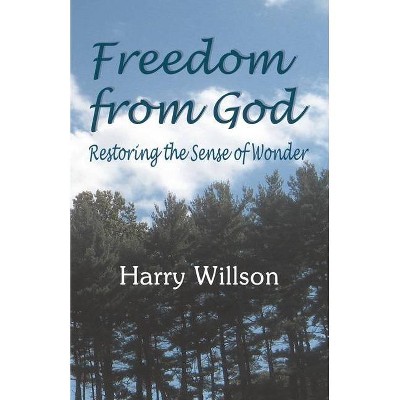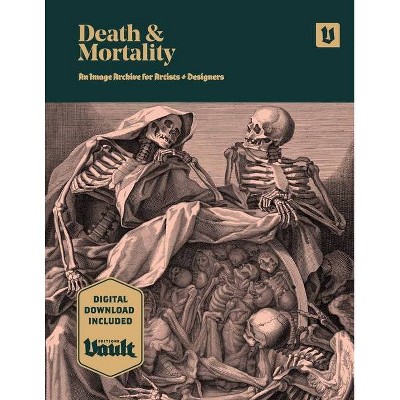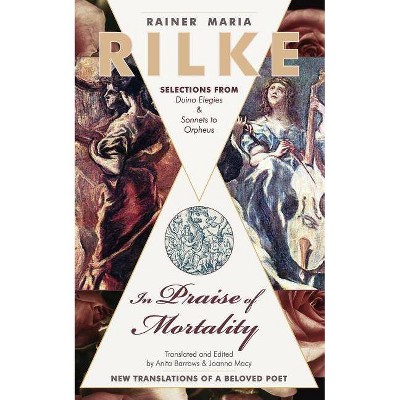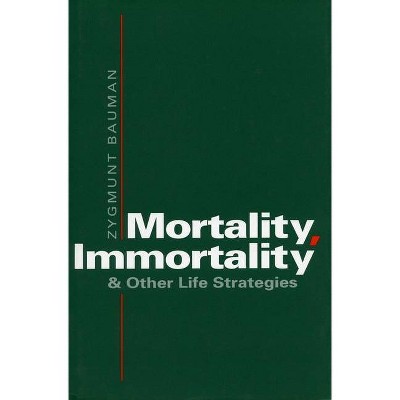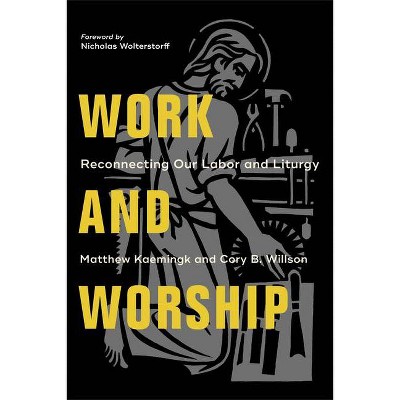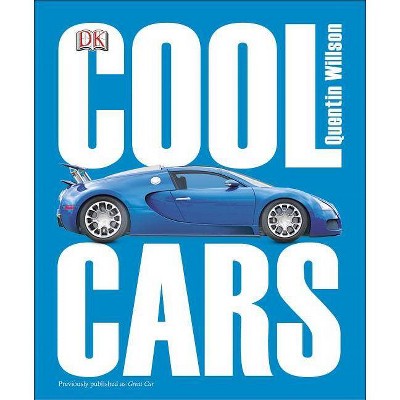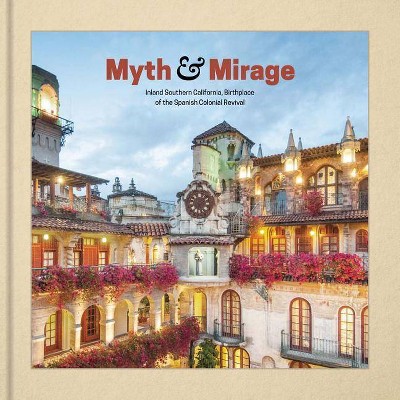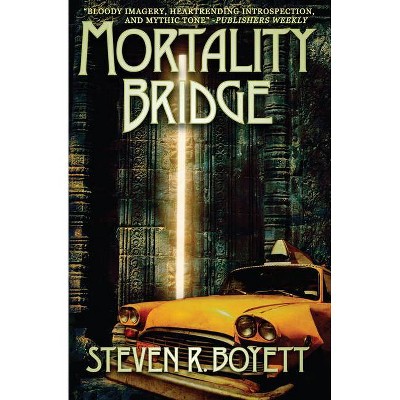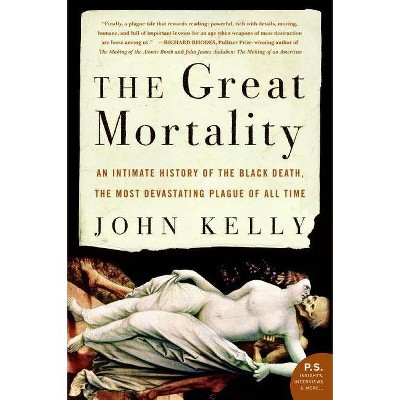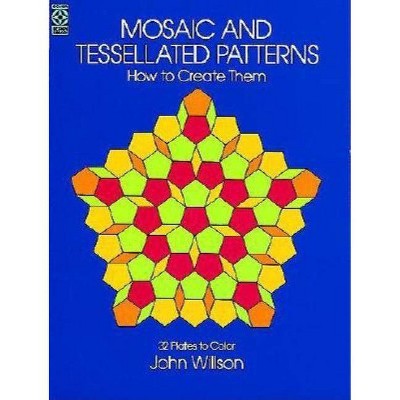Myth and Mortality - by Harry Willson (Paperback)
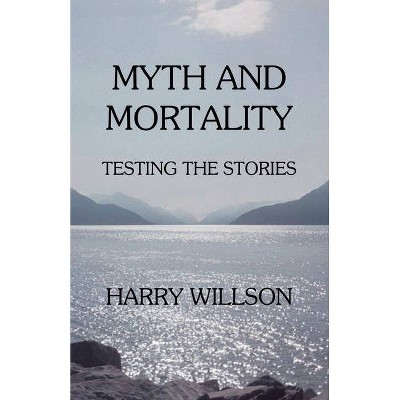
Similar Products
Products of same category from the store
AllProduct info
<p/><br></br><p><b> About the Book </b></p></br></br><p>From a poignant account of the death of his parents to a critique of 32 beliefs/metaphors dealing with death, Willson challenges readers to replace ideas that breed guilt and fear with those that bring joy, compassion and enthusiasm for life.</p><p/><br></br><p><b> Book Synopsis </b></p></br></br><p><em>Myth and Mortality: Testing the Stories</em>, by Harry Willson, relates the author's field of expertise, that is, mythology, to the field of Death and Dying. Years of counseling the sick and dying, and years of searching with students for answers to life's big questions, have helped him with this task. Informed by personal experience and scholarly study, Willson challenges readers to examine the ideas and beliefs they may have accepted by default, and to make a conscious choice to replace all that breed guilt, hatred and fear with those that bring joy, compassion, and enthusiasm for life. He suggests that fear or denial of death is the result of our unwillingness to set aside ego. </p><p><br></p><p>The actual work of preparing this book was triggered by the way Willson's parents died: his mother suddenly and easily, doing her self-appointed task which was caring for her ailing husband, and his father slowly and miserably, not believing in the end what he had so assiduously taught others all his life. "His mythology let him down," Willson says. The first twenty-six pages of the book tell that dramatic story -- "Two Deaths One Summer."</p><p><br></p><p>Then follow essays entitled, "The Denial of Death," "Our Aging Population," and "We Need a Mythology. The last one introduces the main body of the book, which works through thirty-two different beliefs or metaphors dealing with death, and gives frank evaluations of how helpful they may be for persons confronting death. They are arranged according to the source of the myths under analysis.</p><p><br></p><p>Willson deals first with Stories from Infantile Wishing. Then he proceeds to stories from Contemporary Media, from Socio-Political Movements and from Practical Observation. His most striking innovation is the distinction between Stories from Religion, which are designed to preserve Ego, and Stories from Philosophy, which enable us to transcend Ego.</p><p><br></p><p>The book ends with an essay, "Whose Task Is This?" in which the author challenges each reader to be in some way ready to be responsible for his or her own departure. Ego is the problem. </p><p><br></p><p/><br></br><p><b> Review Quotes </b></p></br></br><br><p>"Harry Willson uses his own experiences, currently popular beliefs, and mythologies from various cultures to view the subject from many angles. A former scientist and minister, now a humanist, editor, and author, he brings a well-rounded perspective to the subject. Highly recommended to anyone wrestling with the issue of mortality." -Jon Nimitz, Ph.D., NM Compassion and Choices</p><p><br></p><p>"This book is provocative reading for anyone who is dealing with death or will face death one day, that is, ALL OF US." -Rhoda Karp, Hospice social worker, retired</p><p><br></p><p>"Warning: This book may cause episodes of serious thinking to occur in some readers, especially those over the age of fifty. It could also cause strong re-evaluation of readers' religious understandings, especially in persons who have not allowed themselves to question the stories from childhood and Sunday School." -Shirley Little, Humanist Society of New Mexico </p><p><br></p><p><br></p><br>
Price History
Price Archive shows prices from various stores, lets you see history and find the cheapest. There is no actual sale on the website. For all support, inquiry and suggestion messages communication@pricearchive.us
